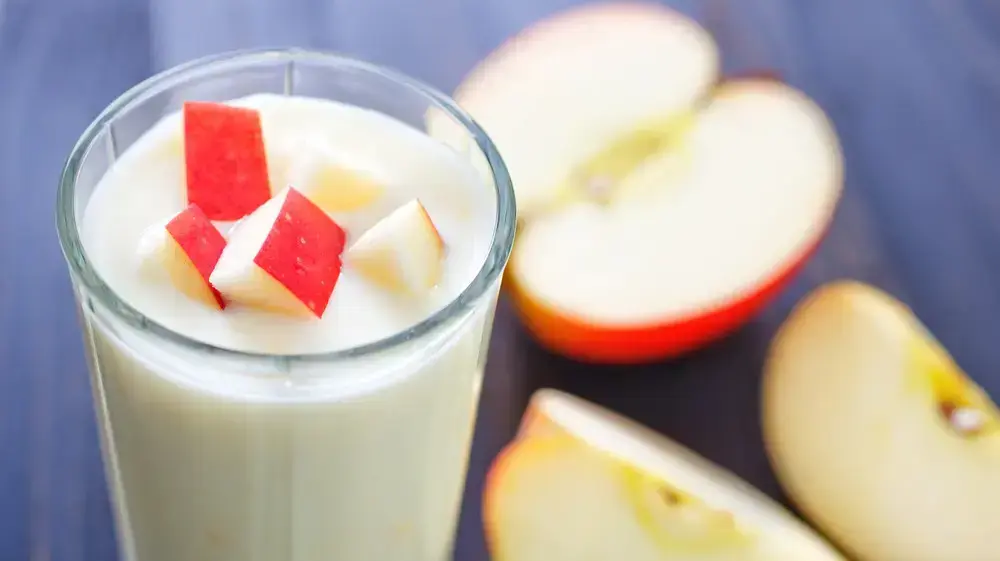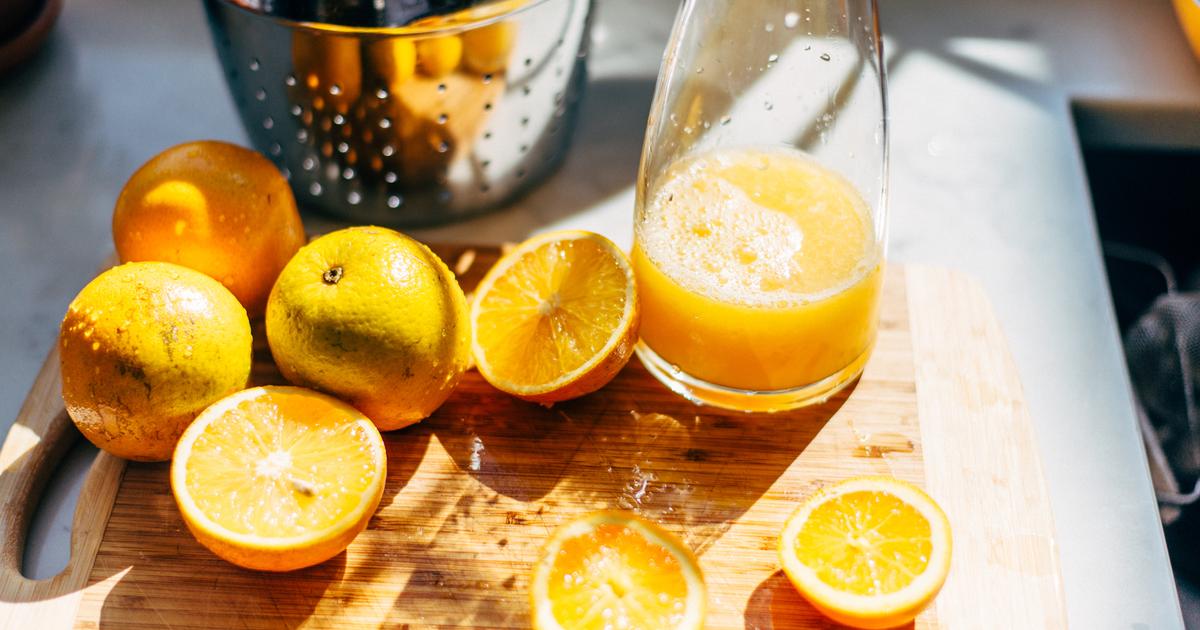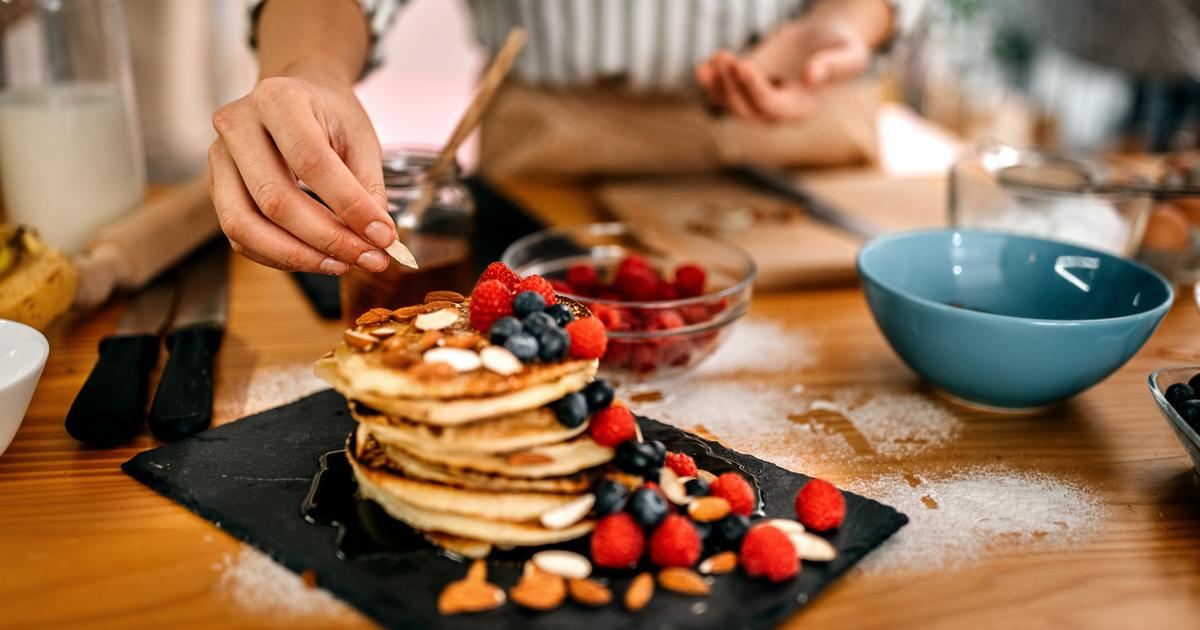A dietician with all the tips that will make your fasting easier
Are you preparing to fast on Yom Kippur and are worried that you will break after half a day, be thirsty or suffer from headaches?
Dietitian Hadas Zimmerman with all the tips for light fasting (it's already useful for you)
Hadas Zimmerman
03/10/2022
Monday, 03 October 2022, 08:25 Updated: 08:44
Share on Facebook
Share on WhatsApp
Share on Twitter
Share by email
Share in general
Comments
Comments
On video: Preparations for Yom Kippur Eve 2015 (Photo: Reuters)
Intermittent fasting diets have already become commonplace for many, but when it comes to fasting for a day it is a good opportunity to understand a bit what is happening in our body.
The Yom Kippur fast lasts for 25 hours.
In that period of time the body still needs energy to exist.
Because we do not give it energy from an external source (food) the body will start to feed itself.
In most cases, when it comes to a difference of a few hours between meals, the body will take energy from the glycogen store - carbohydrate.
When it comes to prolonged fasting, the glycogen stores are depleted and the body still needs to produce energy and sugars to function.
For this purpose, the body mobilizes the liver, where sugar production occurs from the breakdown of proteins.
It is important to note that, despite the decrease in muscle mass from the breakdown of proteins, fasting is not dangerous for healthy people and our body, if we prepare it properly, will withstand the period of time without food and water.
At the same time, there are populations such as the elderly, pregnant women, diabetics and people who are taking certain medications for whom it is not recommended to fast.
Tips for assessing the body in the best way to fast
1. Liquid consumption: Liquid
consumption (water only) will start already two days before the fast.
It is important to gradually increase the amount of water consumption to at least 2 liters per day.
On the fasting day itself, it is recommended to drink a glass every hour.
2. Reduction of caffeine consumption:
drinks and foods containing caffeine make us addicted.
Sudden cessation of coffee/drinks such as cola and chocolate can cause severe headaches.
Therefore, in order to reduce headaches during the fast, it is recommended to avoid coffee and drinks containing caffeine for three days before the fast.
Iced coffee (Photo: ShutterStock)
3. Avoid strenuous physical activity:
you may be surprised to hear, but when it comes to strenuous physical activity such as running/riding/swimming before the fast, it is better to avoid it.
Strenuous physical activity causes fluid loss and may also cause increased hunger.
What can be done in the days before the fast?
Physical activity without increasing heart rate such as moderate walking, yoga or pilates.
4. The composition of the meal:
despite the habit, it is highly recommended not to cram all the food into one meal, and spread the food throughout the day in small meals.
In the break meal, you should enrich the meal with protein (meat/chicken/fish) in combination with complex carbohydrates (quinoa/whole rice) or legumes that are rich in fiber, break down slowly and provide a prolonged feeling of satiety.
I would recommend combining vegetable fat such as olive oil/avocado/olives and tahini.
Including fat in the meal will provide a slower breakdown and a prolonged feeling of satiety.
5. Underestimate the spices:
Make sure that the food in the break meal is not fried or with a lot of spices and salt.
Salty food makes us thirsty and so does sugar.
If we eat something with a lot of sugars, the blood sugar level will rise sharply and then drop, which will make us want to eat more sweets.
Yogurt with apples (Photo: ShutterStock)
A sample menu before the fast
Breakfast
2 slices of whole grain bread + 2 tablespoons of cheese + egg + 2 vegetables
Snack
plain yogurt 3% + apple + 10 almonds
Lunch
chicken soup + whole wheat noodles
Snack
slice of whole grain bread + tahini
Breaker meal
fresh soup + chicken dish / Meat / fish + whole rice / quinoa with sweet potato, vegetables in the oven such as carrots, pumpkin, zucchini.
breaking the fast
With the breaking of the fast, it is recommended to prepare a glass of hot and lightly sweetened drink.
You can combine a cookie or a slice of cake.
After that wait about half an hour to an hour and only then eat a full and nutritious meal.
My recommendation - start with a dish of chicken and vegetable soup.
Also at this meal it is very important not to overload the stomach and eat small portions.
Fasting is easy and beneficial
.
Hadas Zimmerman is a B.Sc clinical dietitian specializing in weight loss and a healthy lifestyle
health
Nutrition and diet
Preventive nutrition
Tags
diet
fast
Intermittent fasting
Yom Kippur fasting













